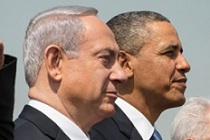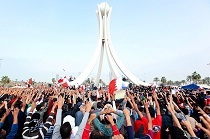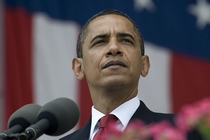Obama: Still equivocating on Palestine
During his visit to Israel, U.S. President Barack Obama spoke in favour of both the Israelis’ right to security and the Palestinians’ right to sovereignty. The issue of settlements, however, remains unresolved and it is unlikely that Israel will make concessions when its neighbours are in turmoil.








